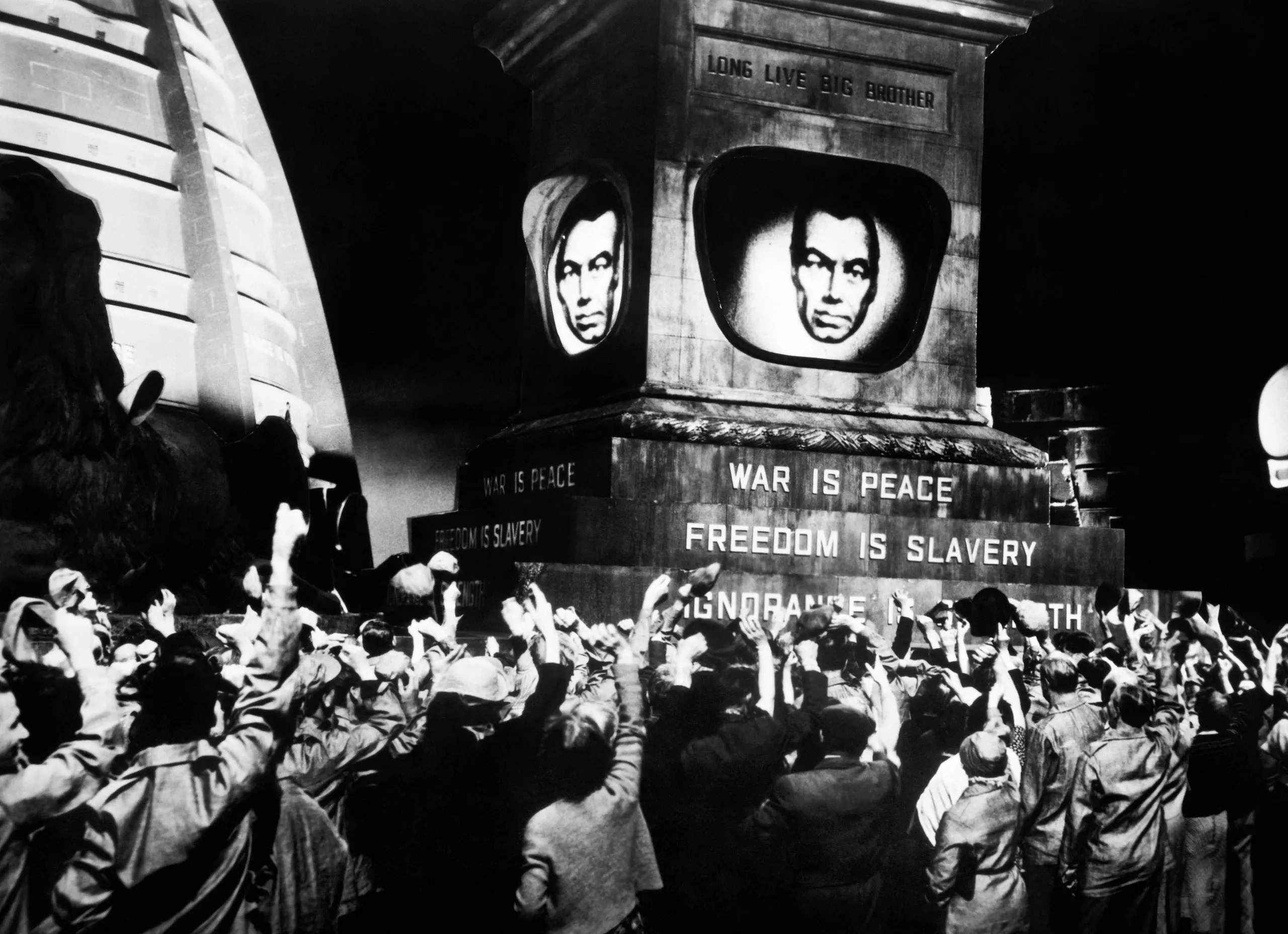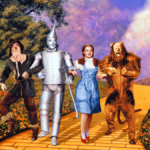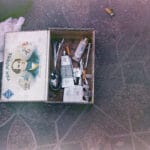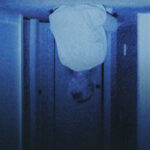In George Orwell’s 1984, the Party’s totalitarian grip seeks to control every facet of human existence. Yet, a vast majority—the proles—exist outside this rigid structure. Their lives, seemingly mundane, become a powerful lens through which Orwell explores the nature of freedom, control, and the potential for resistance. This article will delve into the proles’ complex existence, examining their social standing, their relationship with the Party, and their symbolic significance within the dystopian world of Oceania. We’ll also examine Winston’s perspective on the proles, and consider the unsettling parallels between their situation and our own world.
The Proles: Who Are They?
The proles, short for proletarians, constitute 85% of Oceania’s population. They are the working class, the laborers, the unseen backbone of society. Living in relative poverty and struggling for survival, their lives stand in stark contrast to the privileged existence of the Inner Party and the constant surveillance faced by the Outer Party. They are described as “free,” but the nature of this freedom is complex and warrants closer examination. [https://www.lolaapp.com/polyfidelity]
Everyday Life: A World Apart
Imagine crowded tenements, bustling marketplaces, and the faint melody of a forgotten song drifting from a nearby pub. This is the world of the proles. Their lives revolve around manual labor, simple pleasures, and family connections. Unlike Party members, they are largely free from telescreens and the ever-present gaze of Big Brother. They can own property, gamble, fall in love, and express their emotions openly—all forbidden fruits for those within the Party’s ranks. This relative freedom, however, comes at a cost. Their lives are often harsh, marked by poverty, limited opportunities, and a constant struggle for survival.
The Party’s Subtle Grip: Control Through Distraction
The Party’s control over the proles is not through overt surveillance, but through a more insidious form of manipulation: distraction. They are fed a steady diet of “prolefeed”—cheap entertainment, sensationalist news, and fabricated lottery wins—designed to keep them docile and politically inactive. This constant barrage of distractions dulls their critical thinking and prevents them from recognizing their own potential power. The Party’s rationale? The proles are considered too simple-minded, too focused on survival, to pose a real threat. This dismissal, however, may mask a deeper fear of the proles’ collective strength.
Winston’s Hope: A Glimmer in the Darkness
Winston Smith, the novel’s protagonist, views the proles with a mix of envy and hope. He sees in their unfettered emotions and simple joys a spark of humanity that the Party has ruthlessly extinguished within itself. He believes that if the proles were to awaken to their own power, they could overthrow the Party. “If there was hope,” he muses, “it must lie in the proles.” This hope, however, is likely tinged with Winston’s own desperation and may not accurately reflect the proles’ true revolutionary potential.
The “Chestnut Tree Song”: Echoes of a Lost Past
A recurring motif in 1984 is the “Chestnut Tree Song,” a melancholic tune that resonates deeply with the proles. It represents a shared history, a connection to a time before the Party’s oppressive rule. Some scholars suggest that this shared cultural memory could be the catalyst for a future rebellion, although this remains speculative. The song also highlights the cultural and historical loss suffered by the proles, adding a layer of tragedy to their situation.
The Paradox of Prole Freedom
The proles’ freedom is a paradox. While seemingly freer than Party members, they are subtly controlled through manufactured apathy, limited awareness, and a pervasive sense of fear. Their “freedom” is a by-product of the Party’s disregard, not a genuine recognition of their autonomy. This raises fundamental questions about the nature of freedom itself. Is it merely the absence of external constraints, or does it require something more—a conscious awareness of one’s own potential and a willingness to challenge the status quo?
Apathy vs. Action: The Untapped Potential
The proles possess the numerical strength to overthrow Ingsoc. Yet, they remain largely passive, their potential for revolution stifled by the very apathy the Party cultivates. This inaction underscores the danger of complacency and highlights the insidious nature of control through manipulation rather than overt force. Orwell’s chilling warning suggests that apathy, not oppression, may be the ultimate obstacle to freedom.
The Proles and Us: A Contemporary Reflection
The proles of 1984 serve as a potent symbol of the marginalized and manipulated in any society. Their story prompts us to examine our own world and consider the ways in which we might be subtly controlled through entertainment, consumerism, and the constant barrage of information. Are we, in our pursuit of comfort and distraction, becoming like the proles, passively accepting the erosion of our freedoms? The proles’ fate serves as a stark reminder of the importance of critical thinking, engagement, and the courage to challenge systems of power.
Comparing the Classes in 1984
| Feature | Proles | Outer Party | Inner Party |
|---|---|---|---|
| Population | 85% | ~13% | ~2% |
| Lifestyle | Impoverished, limited resources, manual labor | Modest, intellectual work | Privileged |
| Surveillance | Minimal | Constant | Significant, but with more autonomy |
| Control Method | Distraction, prolefeed, manufactured apathy | Surveillance, fear, doublethink | Power, ideology |
| Potential | Revolutionary force (unrealized) | Potential for dissent, vulnerability to manipulation | Perpetuating the system |
By understanding the proles’ complex role in 1984, we gain a deeper appreciation of Orwell’s cautionary message about the dangers of totalitarianism, the importance of individual agency, and the enduring power of the human spirit.
- Unlock Filipino Culture: A Deep Dive into Traditions and Practices - April 23, 2025
- Unlock Spanish Culture: Insights & Opportunities Now - April 23, 2025
- White Spirit Uses & Substitutes: A Deep Dive for Pros & DIYers - April 23, 2025
















